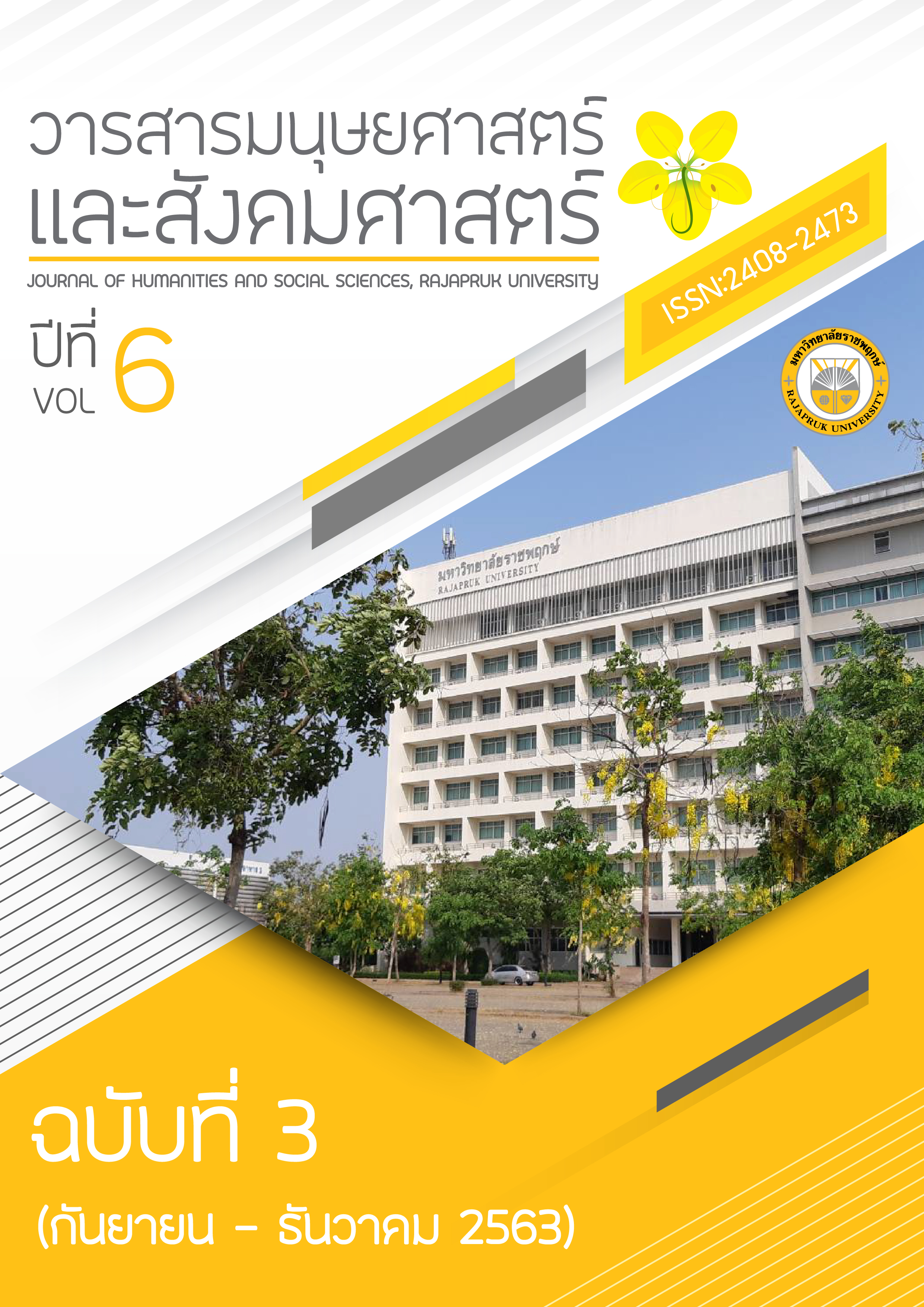The Knowledge Management and Job Performance of Teacher's Professional Standard of Teachers under The Office of The Education Ministry, The Church of Christ in Thailand (OEM)
Main Article Content
Abstract
The purposes of this research were to study 1) the knowledge management in The Office of the Education Ministry, The Church of Christ in Thailand (OEM), 2) the teacher professional standards performance in school under The Office of the Education Ministry, The Church of Christ in Thailand (OEM) and, 3) the relationship between knowledge management and the teacher professional standards performance in school under The Office of the Education Ministry, The Church of Christ in Thailand (OEM). The samples were used 24 schools under The Office of the Education Ministry, The Church of Christ in Thailand (OEM) 2. There were 6 respondents from each school consisted of administrators or representative and teachers, totally 144 respondents. The research instrument was used a questionnaire concerning knowledge management step on Silapakorn University research and development institute’s concept and teacher professional standards performance based on teacher professional standards performance. The statistical were used for analyze the data were frequency, percentage, arithmetic mean, standard deviation and Pearson’s Product-Moment Correlation Coefficient.
The findings of this research were as follows: 1) The knowledge management in The Office of the Education Ministry, The Church of Christ in Thailand (OEM), as a whole 4.05 and as individual were at high level. 2) The teacher professional standards performance in school under The Office of the Education Ministry, The Church of Christ in Thailand (OEM) as a whole 4.22 and as individual were at high level. 3) There were significant correlation between knowledge management and the teacher professional standards performance in school under The Office of the Education Ministry, The Church of Christ in Thailand (OEM) as a medium relationship (rxy=.642). At the statistical significance level of .01.
Article Details
References
ธิดารัตน์ เสวิกุล และ เอกชัย กี่สุขพันธ์. (2557). การศึกษาการจัดการความรู้ของครูในสถานศึกษาเอกชนในเขตกรุงเทพมหานคร. วารสารอิเล็กทรอนิกส์ทางการศึกษา คณะครุศาสตร์ มหาวิทยาลัยจุฬาลงกรณ์, 9(3).
ปอส์ ไกรวิญญ์. (2557). สภาพและปัญหาการจัดการความรู้ของโรงเรียนเอกชนระดับประถมศึกษาในเขตมีนบุรี กรุงเทพมหานคร. วิทยานิพนธ์ปริญญามหาบัณฑิต ภาควิชา นโยบาย การจัดการและความเป็นผู้นำทางการศึกษา คณะครุศาสตร์ จุฬาลงกรณ์มหาวิทยาลัย.
พรรณิดา นาคะผิว. (2556). ปัจจัยการเปลี่ยนแปลงองค์การกับการปฏิบัติงานตามมาตรฐานวิชาชีพครูในโรงเรียน สังกัดสำนักงานเขตพื้นที่การศึกษาประถมศึกษานครปฐมเขต 1. วิทยานิพนธ์ปริญญามหาบัณฑิต สาขาการบริหารการศึกษา บัณทิตวิทยาลัยมหาวิทยาลัยศิลปากร.
โพสต์ทูเดย์ออนไลน์. (2558). ปัญหาอมตะครู. ค้นเมื่อวันที่ 11 กุมภาพันธ์ 2560, จาก http://www.posttoday.com/analysis/report/341473.
ไพฑูรย์ สินลารัตน์. (2558). บทบาทของครูในอนาคต: เตรียมผู้เรียนให้สอนตนเองได้ต่อไป. วารสารมนุษยศาสตร์และสังคมศาสตร์ มหาวิทยาลัยราชพฤกษ์ มหาวิทยาลัยราชพฤกษ์, 1(1): 1-8.
วันดี โต๊ะดำ. (2555). ปัญหาของการจัดการความรู้ (Knowledge Management) เมืองไทย. ค้นเมื่อวันที่ 11 กุมภาพันธ์ 2560, จาก https://www.gotoknow.org/posts/342229.
สถาบันวิจัยและพัฒนา มหาวิทยาลัยศิลปากร. (2550). การจัดการความรู้. นครปฐม: สถาบันวิจัยและพัฒนา มหาวิทยาลัยศิลปากร.
สันธยา ดารารัตน์. (2561). มหาวิทยาลัยในฐานะที่เป็นองค์การแห่งการเรียนรู้ในยุคไทยแลนด์ 4.0.วารสารมนุษยศาสตร์และสังคมศาสตร์ มหาวิทยาลัยราชพฤกษ์, 4(supplement): 1-8.
สำนักงานเลขาธิการคุรุสภา. (2558). มาตรฐานวิชาชีพและจรรยาบรรณของวิชาชีพ Professional Standards and Ethics. กรุงเทพฯ: พี.เอ. ลีฟวิ่ง.
สุนิตา สุบินยัง. (2554). การจัดระบบสารสนเทศกับการจัดการความรู้ ในสถานศึกษาขั้นพื้นฐาน สังกัดสำนักงานเขตพื้นที่การศึกษาราชบุรี เขต 1. วิทยานิพนธ์ปริญญามหาบัณฑิต สาขา การบริหารการศึกษา บัณทิตวิทยาลัยมหาวิทยาลัยศิลปากร.
เสือสีส้ม [นามแฝง]. (2556). การพัฒนาวิชาชีพครู. ค้นเมื่อวันที่ 11 กุมภาพันธ์ 2560, จาก http://oknation.nationtv.tv/blog/tippanaw/2013/03/12/entry-1.
John W. Best. (1970). Research in Education. Englewood Cliffs, New jersey: Prentice-Hall lnc.
Lee J. Cronbach. (1974). Essentials of Phychological. 3rd ed. New York: Harper & Row Publisher.
Krejcie, R. V., & Morgan, D. W. (1970). Determining sample size for research activities. Educational and psychological measurement, 30(3): 607-610.
Sherron Lawson. (2005). Examining the Relationship between Organization Culture and Knowledge Management. Retrieved on 23th November, 2016, from http://proquest.umi.com


